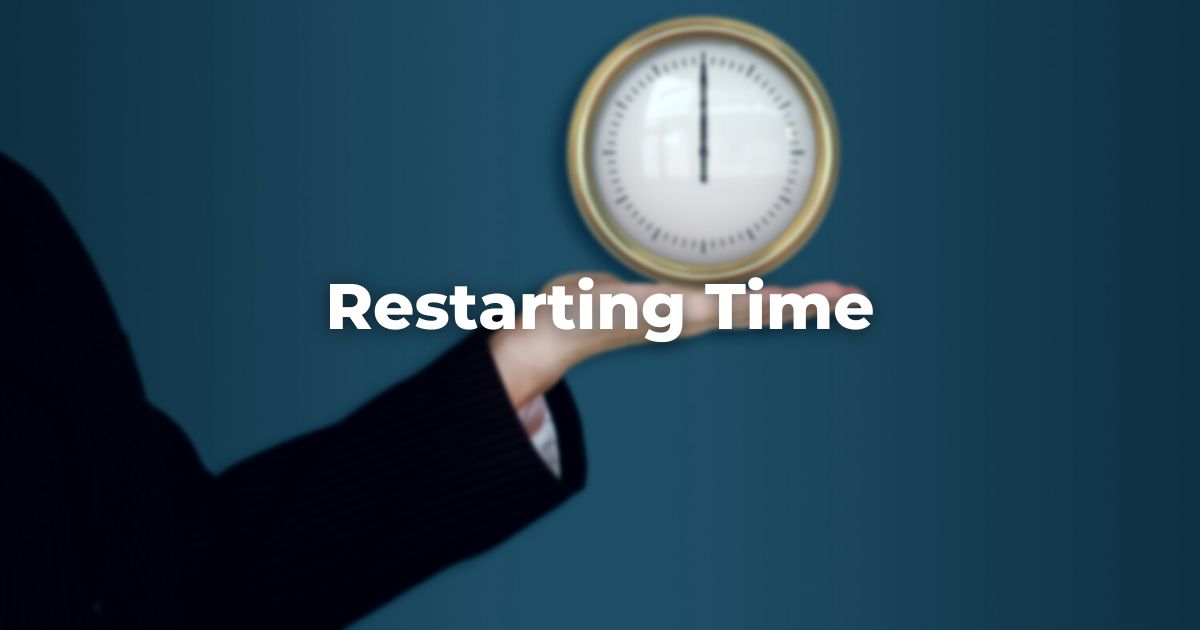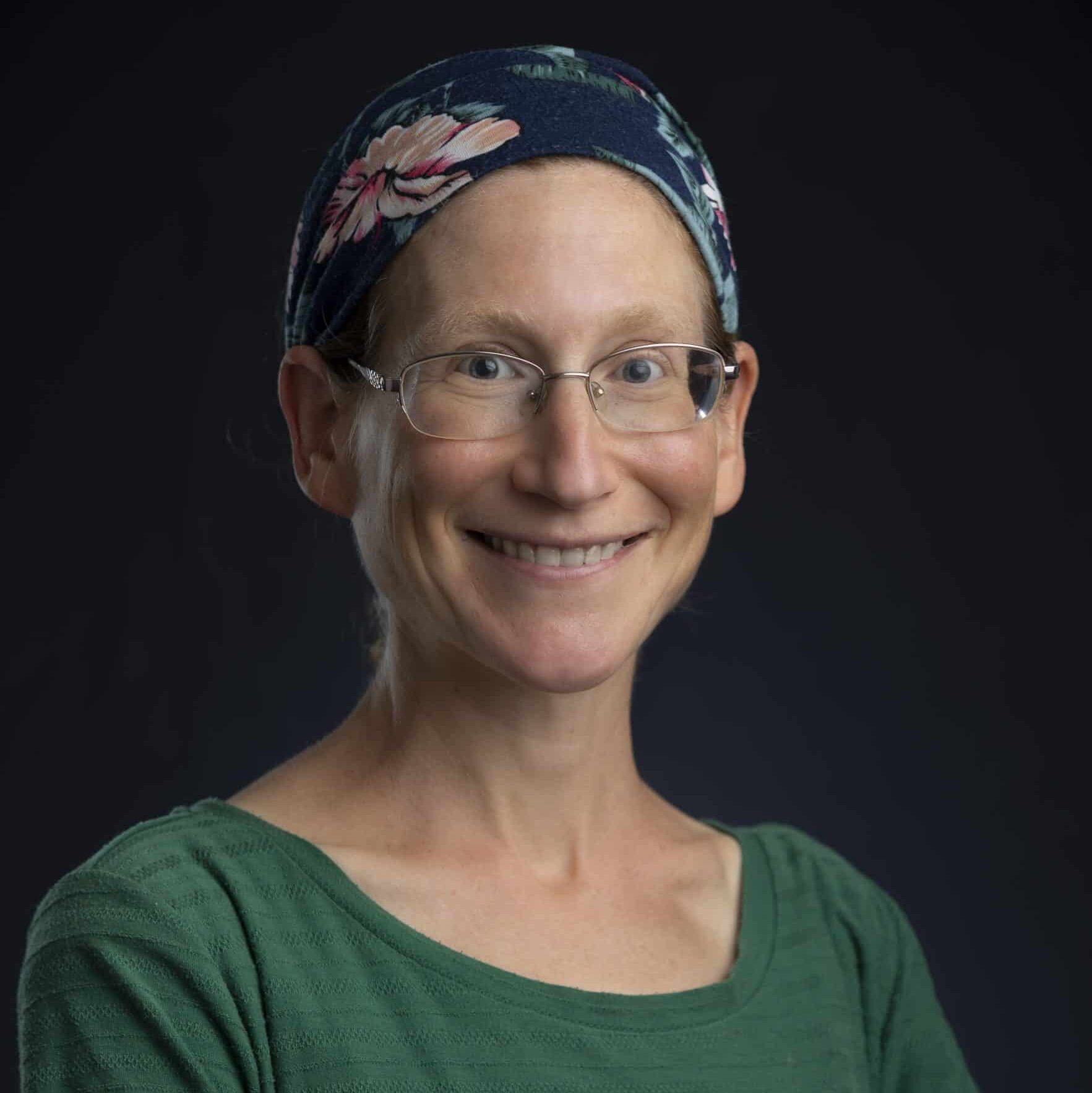In this week’s parashah God tells Moshe and Aaron that the Exodus from Egypt will mark the start of the Jewish calendar: “This month shall mark for you the beginning of the months; it shall be the first of the months of the year for you” (Exodus 12:2).
From this point forwards, the Israelites are to regard Nisan, the month of the Exodus, as the first month of the year.
This may sound surprising, given that we are accustomed to thinking of the Jewish year as beginning not in the spring, but in the fall, with Rosh Hashanah.
Does the Jewish year start in Tishrei, or in Nisan?
The rabbis of the Talmud discuss this question, shedding light on the various ways we mark time as individuals, as a nation, and as human beings.
Tractate Rosh Hashanah begins with the assertion that there are in fact four different new years—Nisan is the new year for marking the cycle of festivals and for measuring the reign of Jewish kings; Elul marks the new year for tithing cattle; Tishrei is the new year for tithing grain and vegetables and for measuring the reign of foreign kings; and Shvat is the new year for the trees.
Depending on what it is that we are marking or measuring, the start of the year is determined at different points.
These four new years do not present a conflict until Rabbi Eliezer and Rabbi Yehoshua break out in a fierce debate about when the world was created—because while we might start the year at different points, surely we all agree that the world was created only once.
But was it on the first of Tishrei or the first of Nisan?
Each rabbi marshals extensive evidence in favor of his opinion as to the dating of creation.
Rabbi Eliezer insists that the world was created in Tishrei because God said, on the third day of creation, “Let the earth sprout vegetation, seed-bearing plants, fruit trees of every kind on earth that bear fruit” (Genesis 1:11).
He argues that it is in the fall, not the spring, that the earth brings forth grass and the trees are full of ripe fruit; thus the world had to be created in Tishrei. He concedes that the Exodus from Egypt happened in Nisan, of course, but he argues that the future redemption will take place in Tishrei, on the anniversary of the world’s creation.
But Rabbi Yehoshua insists that the month of the Exodus must be the time of year when the world was created, and the time of year when the future redemption will take place.
Citing the next verse from Genesis—“The earth brought forth vegetation, seed-bearing plants, fruit trees of every kind” (Genesis 1:12)—he contends that it is in the spring, not the fall, that the earth is full of grass and the trees bring forth fruit.
Each rabbi’s view on when the world was created reflects his broader sensibilities.
For Rabbi Eliezer, who starts the new year at the time when kings the world over begin measuring their reigns, time depends on the creation of the world, a universal event that is irrespective of the particular events of Jewish history.
But to Rabbi Yehoshua’s more particularist sensibility, time begins with the Exodus from Egypt, as God tells Moshe and Aaron in our parashah. Nisan is the first month of the Jewish year, and thus it must have been in Nisan that the world was created, and in Nisan that the world will someday be redeemed.
This tension between the universal and the particular is reflected in Rashi’s first comment on the Torah, which references God’s words to Moshe and Aaron in our parashah.
Rashi quotes Rabbi Yitzchak (see Yalkut Shimoni Bo 187 or Rashi on Genesis 1:1), who asks why the Torah begins with the book of Genesis. After all, says Rabbi Yitzchak, the Torah could have begun with God’s commandment in our parashah to mark the start of the year with the month of Nisan.
Rabbi Yitzchak, like the more particularist Rabbi Yehoshua, regards the Torah as a book of laws given to the Jewish people. Why does the Torah have to bother to tell us about the creation of the entire world?
Rabbi Yitzchak’s question is answered by referencing a verse from Psalms 111:6: “He [God] reveals to His people His powerful works, in giving them the heritage of nations.”
God revealed His powerful work of creating the world in order that He might someday give the people of Israel their heritage, namely the Promised Land. Rashi explains that since the Torah begins with Genesis, the Israelites can turn to the Torah to point out that God created the entire world, and thus it is God’s prerogative to choose whom to give the land of Canaan.
According to this explanation, the universal serves to justify the particular; the Torah begins with the creation of all of humanity so as to justify God’s unique relationship with one particular nation.
How does this reflect on us?
As Rashi’s comment and the Talmudic debate reflect, our tradition has both universalist and particularist tendencies, which are reflected in the various ways we mark time.
As universalists, we live in accordance with the secular calendar, scheduling appointments and dating documents in January, February, etc.
But as Jews, we also live in accordance with the particular rhythms of the Hebrew calendar when it comes to marking holidays, determining when to feast and when to fast.
And beyond the universal and the particular, we also have our own personal calendars – marking birthdays, wedding anniversaries, and important dates in the lives of our families.
These multiple calendars all map onto one another, such that the first of January may be not just the secular new year, but also, say, the tenth of the Hebrew month of Tevet and the yahrzeit of a beloved grandmother.
We live in accordance with the various rhythms of the affiliations that matter most to us—like the rabbis of the Talmud setting prayer times to correspond to the daily sacrifices, thereby continuing to measure time by the rituals of the Temple long after its destruction.
They did so not because they “forgot” to change their proverbial clocks once the Temple was destroyed, and not because they were in denial that the Temple was no longer operational, but because the Temple was so significant that our religious impulses continue to be guided by its rhythms.
When God tells Moshe, in our parashah, that “this month shall mark for you the beginning of the months,” God is essentially saying that the Exodus is an event so powerful and momentous that it is as if time starts all over again.
But it is not the only such event. As individuals, we all experience moments when time seems to start anew – when we get married, or become parents, or experience the world for the first time without parents of our own.
These occasions mark, for us, the beginning of the months: We think in terms of how long we’ve been married, or how old our child has grown, or how old our parents would have been. As the rabbis of the Talmud knew, time does not just start anew for us in Nisan; our lives are punctuated by significant new beginnings, and the various ways we chart our time infuse our lives with meaning.
See more: Parashat Bo
Originally posted as part of the Conservative Yeshiva at the Fuchsberg Jerusalem Center’s Torah Sparks. Support Torah learning from the Fuchsberg Jerusalem Center/Conservative Yeshiva for leaders and seekers around the world here
Authors
-

Ilana Kurshan teaches Talmud at the CY. She is the author of If All the Seas Were Ink (St. Martin’s Press, 2017) and Why is This Night Different From All Other Nights (Schocken, 2005). She has a degree in History of Science from Harvard and in English literature from Cambridge, and has worked in literary publishing both in New York and in Jerusalem – as a translator, a foreign rights agent, and as the Books Editor of Lilith Magazine. Since October 2020, Ilana has been a regular contributor to Torah Sparks, FJC’s weekly parashat hashavuah blog.
-



The Fuchsberg Jerusalem Center (FJC) is a home in the heart of Jerusalem where leaders and seekers can find an authentic place in Jewish tradition to call their own. FJC offers opportunities to study, pray and explore within an egalitarian and inclusive setting, creating multiple pathways for finding personal and communal meaning.




